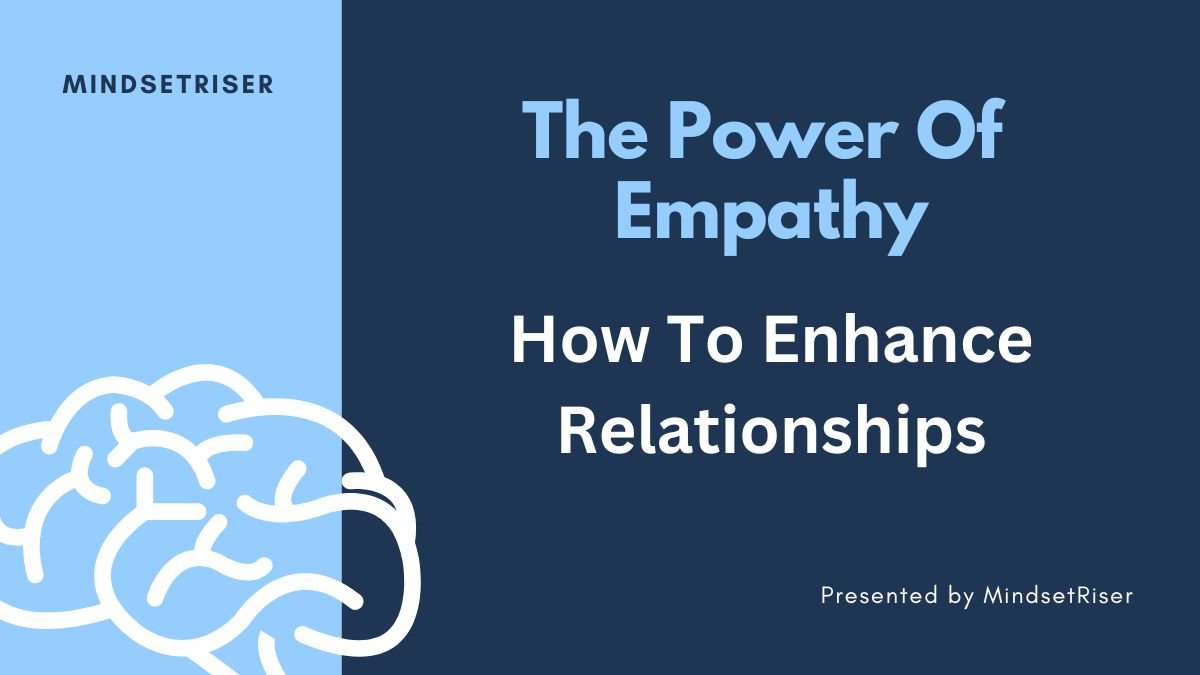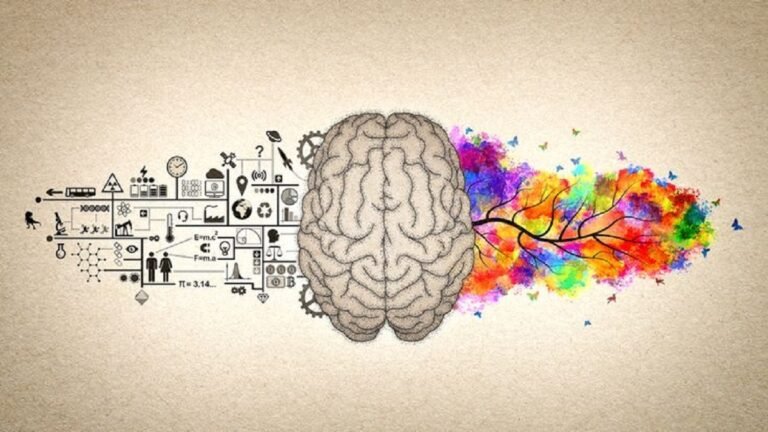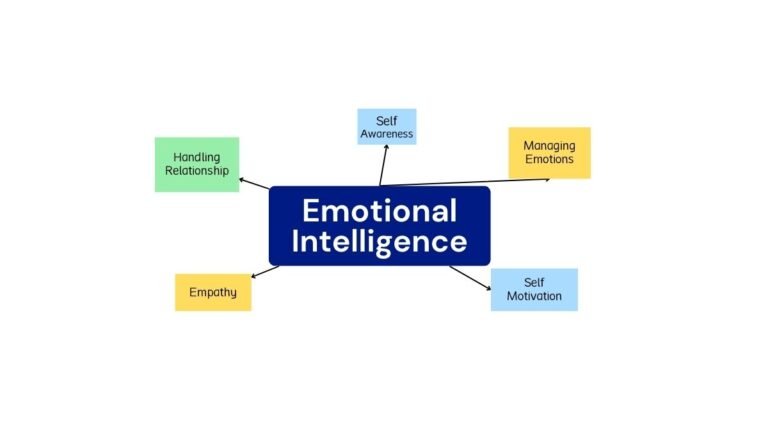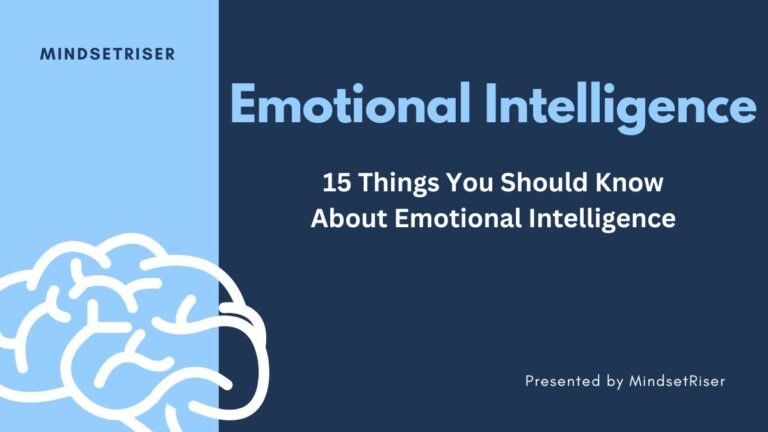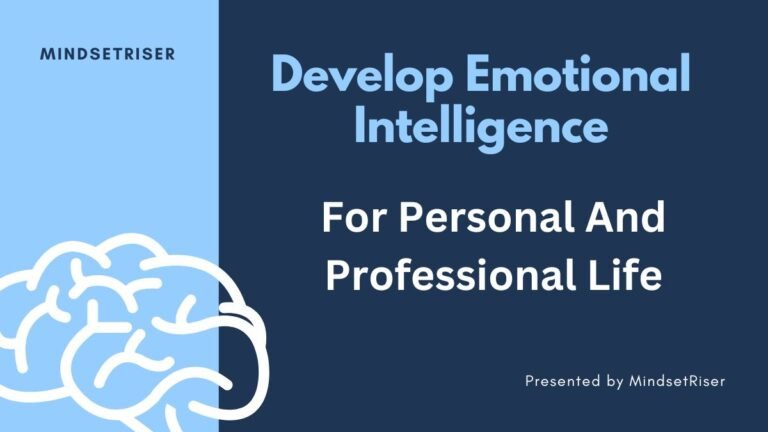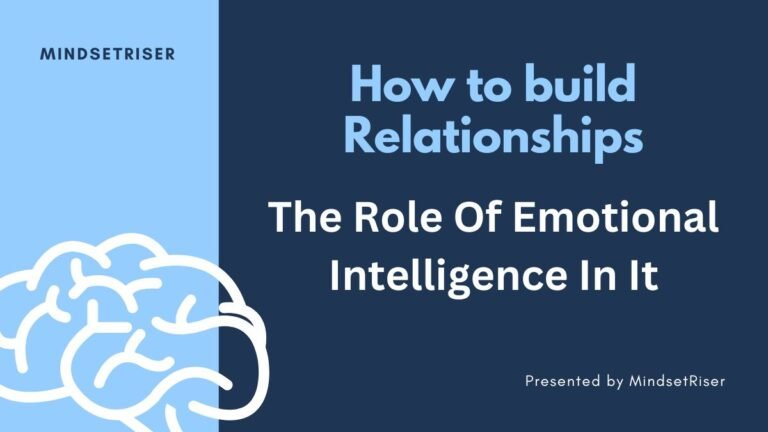The Power of Empathy: How Understanding Others Enhances Your Relationships
Empathy is a powerful force in creating deep, meaningful connections. It goes beyond merely feeling sorry for someone; it’s the ability to understand and share the emotions and perspectives of others. Whether it’s in your personal relationships, workplace dynamics, or even casual interactions, empathy plays a pivotal role in strengthening bonds and fostering understanding. In…
Empathy is a powerful force in creating deep, meaningful connections. It goes beyond merely feeling sorry for someone; it’s the ability to understand and share the emotions and perspectives of others. Whether it’s in your personal relationships, workplace dynamics, or even casual interactions, empathy plays a pivotal role in strengthening bonds and fostering understanding.
In this article, we’ll explore how empathy enhances communication, resolves conflicts, and builds stronger relationships. You’ll also learn practical ways to develop and practice empathy in your daily life.
What is Empathy?
At its core, empathy is the ability to put yourself in someone else’s shoes and understand their feelings and emotions. It goes far beyond sympathy, which is feeling pity for someone else’s suffering. Instead, empathy means sharing in that experience and feeling their pain, joy, or frustration as if it were your own.
Types of Empathy
Empathy can be broken down into three main types:
- Cognitive Empathy: The ability to understand another person’s thoughts, feelings, and perspective.
- Emotional Empathy: The ability to feel another person’s emotions, creating a deeper emotional connection.
- Compassionate Empathy: The desire to help others based on your understanding of their emotional state.
Empathy is a skill that can be developed over time, and the more we practice it, the better we become at connecting with others.
Empathy in Communication
Effective communication is the foundation of any successful relationship, and empathy plays a crucial role in making communication more meaningful. When we listen with empathy, we go beyond hearing words; we focus on the emotions behind them.
The Role of Active Listening
Empathy enhances communication by encouraging active listening. Active listening involves giving the speaker your full attention, not interrupting, and responding in a way that shows you understand their feelings and perspective. This builds trust and encourages open, honest dialogue.
Non-Verbal Cues in Empathy
Empathy isn’t just about words; it’s also about non-verbal communication. Body language, tone of voice, and facial expressions all play a part in empathetic interactions. For example, leaning in slightly while someone is speaking or maintaining eye contact signals that you are engaged and care about what they’re saying.
Whether it’s in a personal relationship, a professional setting, or with family, empathetic communication leads to stronger, more trusting connections.
The Role of Empathy in Conflict Resolution
Conflicts are inevitable, but empathy can help resolve them in a way that strengthens relationships rather than damages them. When you can empathize with someone’s viewpoint, you open the door for constructive conversations and collaborative problem-solving.
Seeing the Other Person’s Perspective
One of the most powerful aspects of empathy is the ability to see a situation from the other person’s perspective. When we understand the emotions or struggles driving someone’s actions, we’re less likely to react defensively or aggressively. Instead, we approach the conflict with a sense of understanding and collaboration.
De-Escalating Tension
Empathy can also help de-escalate tense situations. By acknowledging the emotions of others and validating their experiences, you can reduce anger and frustration, leading to a more productive conversation. This is particularly important in both personal and professional conflicts where emotions often run high.
Building Emotional Connections Through Empathy
Empathy is the key to building emotional intimacy in relationships. When we empathize with others, we show that we care not just about their actions but about their feelings and experiences. This understanding creates a deep emotional bond that fosters trust and mutual respect.
Creating Stronger Bonds
In romantic relationships, empathy allows couples to understand each other’s needs, fears, and desires. It fosters a supportive environment where both partners feel heard, valued, and loved. Similarly, in friendships, empathy helps build trust, making it easier to share personal experiences and emotions.
Fostering a Supportive Environment
Empathy creates a supportive environment where people feel safe to express their thoughts and emotions. This openness and understanding form the foundation of strong relationships that withstand the challenges of life.
Developing and Practicing Empathy
Empathy is a skill that can be cultivated with practice. Here are some tips to help you develop and enhance your empathetic abilities:
1. Active Listening
Focus on truly listening to others without immediately offering advice or judgment. Give them the space to express themselves fully, and respond thoughtfully to show that you understand their perspective.
2. Practice Perspective-Taking
Try to imagine what the other person is feeling or thinking. Ask yourself, “What would I feel if I were in their situation?” This will help you build emotional empathy and understand their actions on a deeper level.
3. Show Compassion
Empathy is not just about understanding others; it’s about caring for them. When someone shares their struggles, respond with kindness, compassion, and a willingness to help, if appropriate.
4. Be Mindful
Mindfulness helps you tune into your own emotions and the emotions of others. Practicing mindfulness encourages emotional awareness and improves your ability to connect with others on an empathetic level.
Conclusion
Empathy is a powerful tool for building strong, healthy relationships. By understanding others’ feelings and perspectives, we create connections that are founded on trust, respect, and emotional intimacy. Empathy enhances communication, resolves conflicts, and fosters deeper bonds in both personal and professional settings.
Take the time to practice empathy in your daily interactions, and watch your relationships flourish.

